Prime Minister Viktor Orban arrived in Bratislava for talks with the Slovak prime minister and president. He and Robert Fico discussed current issues including the EU budget, illegal migration, and energy.
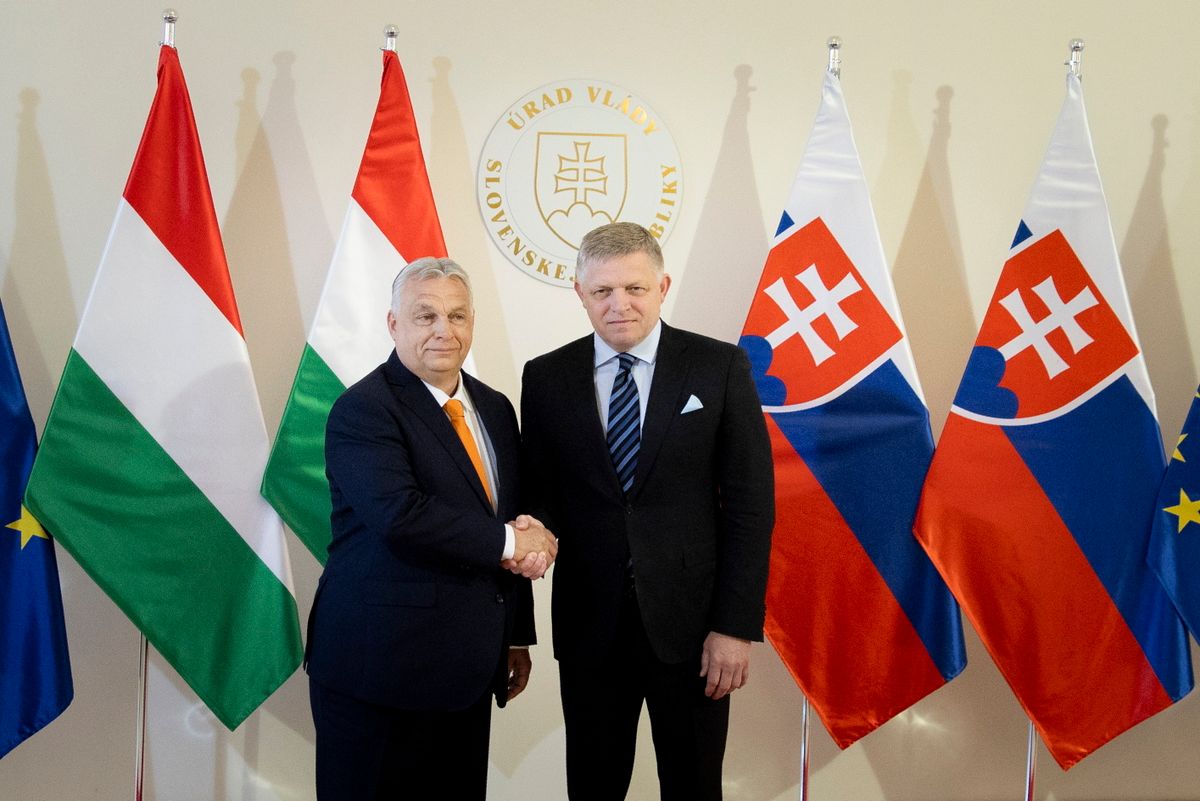
Viktor Orban and Robert Fico Held a Joint Press Conference
At the start of the joint press conference, Mr. Fico thanked Mr. Orban for his visit, noting that it demonstrated both the excellent relations between the two countries and their personal rapport.
The Slovak prime minister highlighted the results of the past decade and a half of cooperation:
The energy we have invested over the past 10–15 years in building strong Slovak–Hungarian and Hungarian–Slovak relations has paid off, as today there are no unresolved political issues between us. What’s more, we have an agreement that should any emergency arise, we, as prime ministers, are ready to sit down and resolve it.
Mr. Fico expressed particular satisfaction regarding the situation of Hungarian communities living in Slovakia:
I’m pleased that ethnic Hungarians living in Slovakia coexist peacefully with the rest of the country’s population. Whenever I get the chance, I visit Slovakia’s southern region, and I can feel how much we have done together to foster peaceful coexistence among the residents and people who live there.
At the press conference, Mr. Fico noted that firstthey held personal discussions, and then delegation-level talks with Mr. Orban. He characterized the bilateral relationship as follows:
I’d start with our bilateral relations, which I would describe as free of problems. I repeat—I’m very pleased that we can enjoy living in a time of excellent relations.
On the topic of energy cooperation, he expressed his gratitude to the Hungarian side:
I’d like to thank the prime minister for our cooperation in energy supplies, as we primarily receive natural gas via Hungary. I also appreciate the Hungarian government’s—and the prime minister’s—commitment to renewing deliveries westward from Ukraine, which is extremely important.
Robert Fico Also Spoke of the Visegrad Four
Mr. Fico noted that as of July 1, Hungary will hold the rotating presidency of the Visegrad Four.
I asked the prime minister to do everything possible to ensure that this vital group, comprising four countries, can resume cooperation.
He added that what we'd witnessed was the deliberate breakup of the V4:
Cooperation between the Visegrad Four countries was deliberately dismantled, eliminated, because many in Europe and the European Union didn’t want a regional alliance to exist that represents over 60 million people.
He went on to point out that
I will support every effort aimed at ensuring that this valuable, unique, and important regional grouping continues to function and exist.
Common Ground on Ukraine
Touching on international issues, Mr. Fico stressed:
We support an immediate end to the fighting in Ukraine and reject all military operations whose sole aim is to prolong the war.
He expressed optimism about U.S. diplomatic activity:
We believe that the extraordinary activity demonstrated by the current U.S. administration will yield good results—and that we’ll be able to rejoice together in peace in Ukraine.
PM Fico also praised Hungary’s sovereign position within the EU:
I deeply value the Hungarian government’s sovereign positions—particularly those of the prime minister—in defending Hungary's national interests in the European Union
He firmly defended sovereignty countries that stand up for their national interests:
I will never agree that anyone in the European Union should be punished for their sovereign positions or conduct. I will never support procedures aimed at punishing those who simply do what they promised their voters—those who defend their national and state interests in a sovereign manner
Long-Term Cooperation in the Works
Robert Fico also alluded to the years-long cooperation between the two leaders:
We are both veterans in politics. You’ve been in it longer than I have, and I’d like to tell all our opponents, enemies, and ill-wishers that we still have plenty of energy—and a lot more to offer.
He concluded by pointing out that
We believe in nation-states and in sovereignty.
Orban: Hungarian–Slovak Relations Are at Their Best Ever
Prime Minister Orban also thanked Mr. Fico for his role in building ties between the two countries:
Ladies and gentlemen, Mr. Prime Minister, dear Robert: Without any exaggeration, we can say that today we are living in the best era ever in Slovak–Hungarian relations. This has required many bold decisions.
PM Orban went on to highlight Robert Fico’s personal role:
On behalf of Hungary and the Hungarians, I'd like to thankPM Robert Fico for the many bold decisions, expressions of friendship and initiatives he had taken in the interest of the two countries’ friendship in the recent period. We are grateful for that, dear Robert.
Orban remarked that few would have imagined this level of cooperation fifteen years ago.
If someone had said 15 years ago that we’d be standing here talking about the two countries’ relations in this tone, most likely few would have believed this to be possible.
PM Orban emphasized that Hungary can always count on Slovakia, ad vice versa:
I'd like to reaffirm that Slovakia and the Slovak people would always be able to count on Hungary, and Hungarians, too, were counting on Slovakia.
Speaking of Hungary’s ethnic Slovak community, PM Orban underlined that
the ethnic Slovak communities living in Hungary are a valuable and respectable part" of the country, and he vowed to do everything he could to ensure that they preserve their cultural and political identity.
Emphasizing the significance of Slovakia-Hungary economic tie, PM Orban pointed out that
bilateral trade between the two countries exceeds 15 billion euros, which makes Slovakia Hungary's third most important trading partner.
Both are modern industrial countries, "and so it is in our interest that no tariff war should weaken our economies," he added.
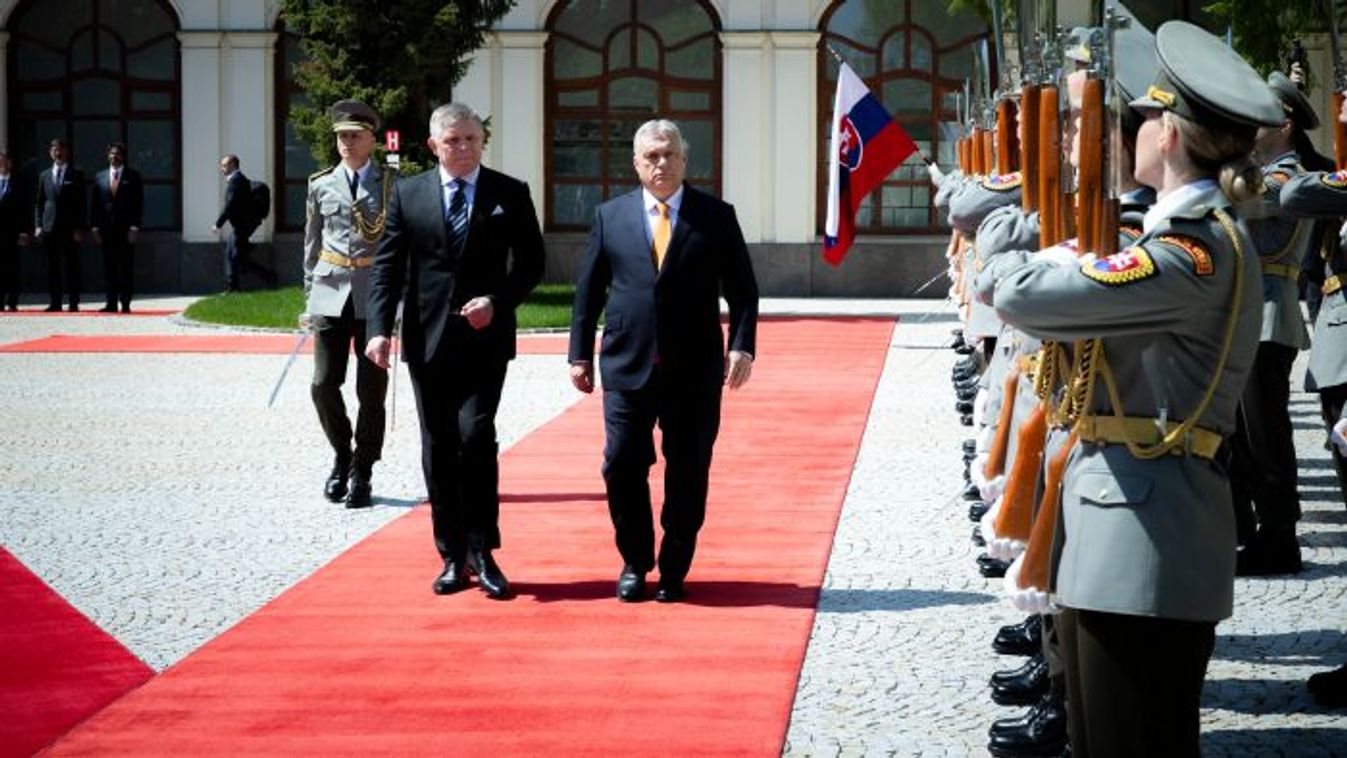
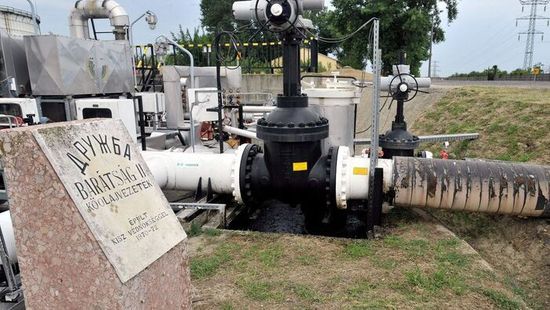
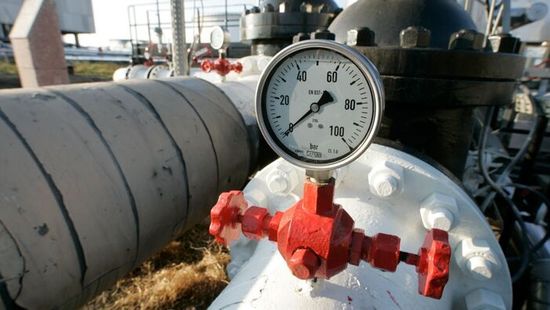
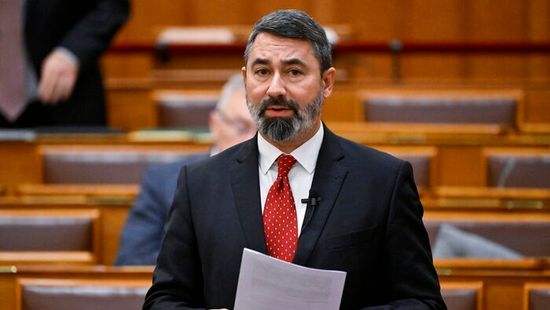
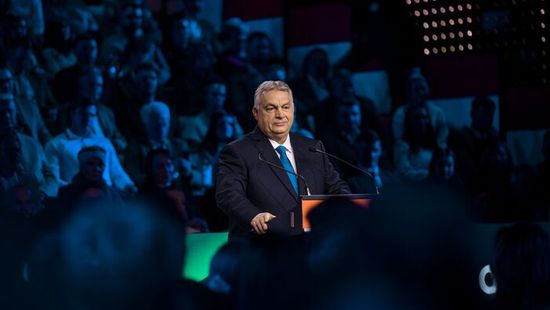

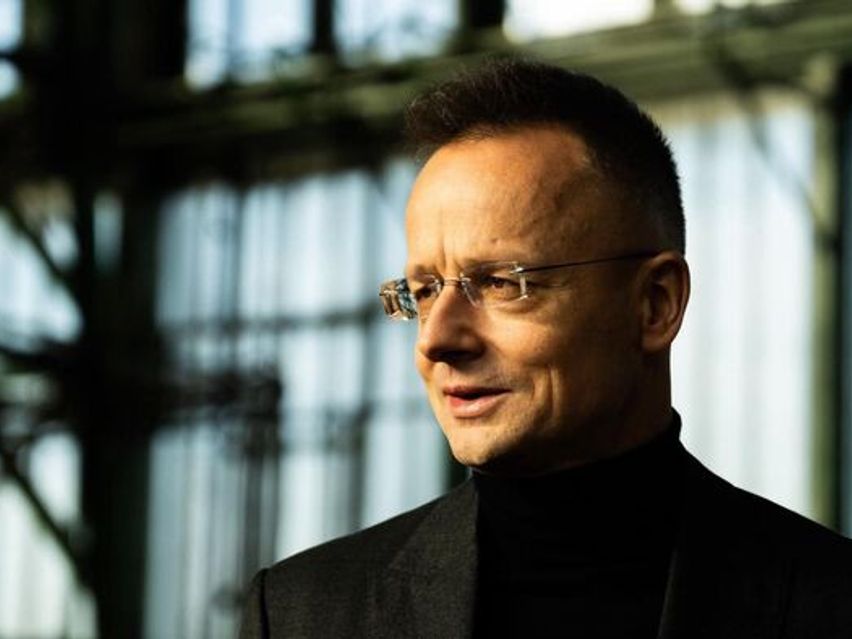
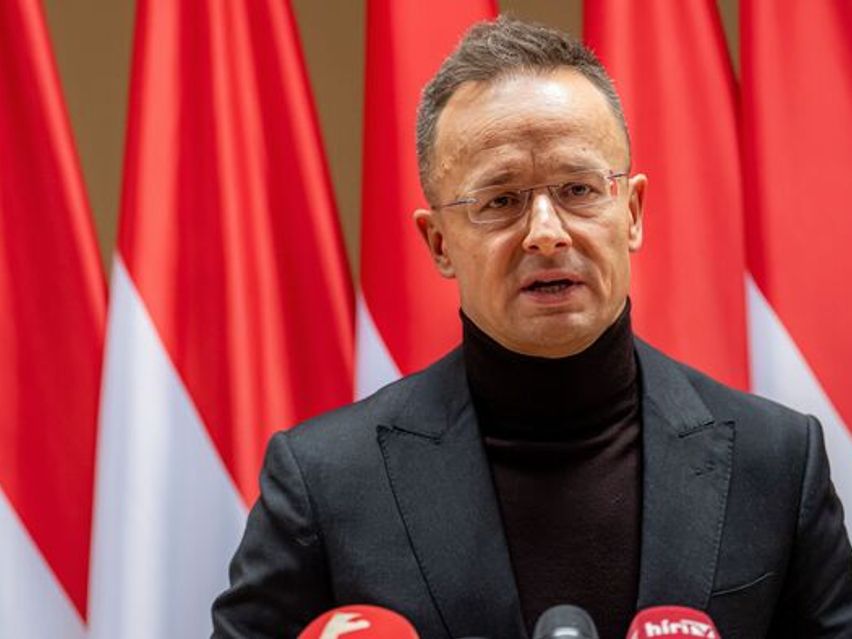
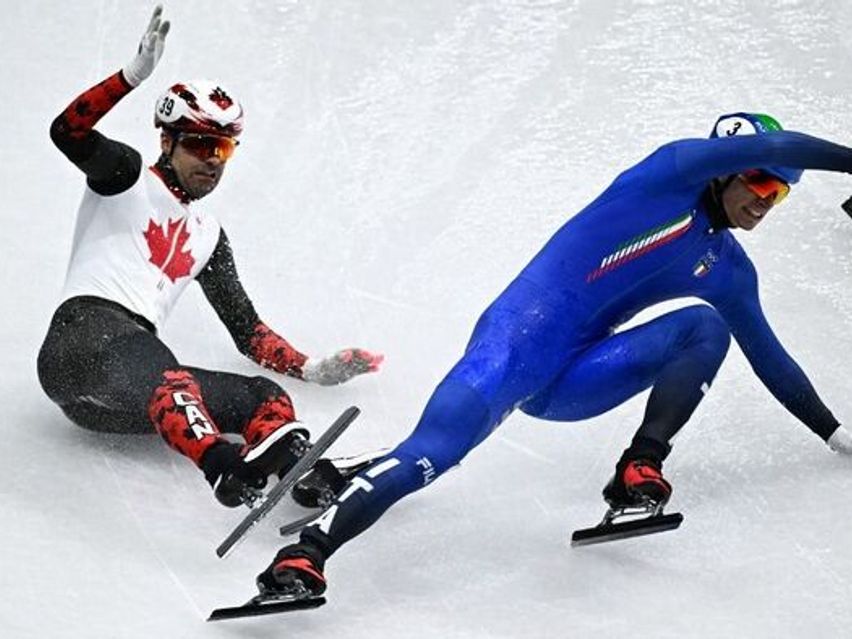


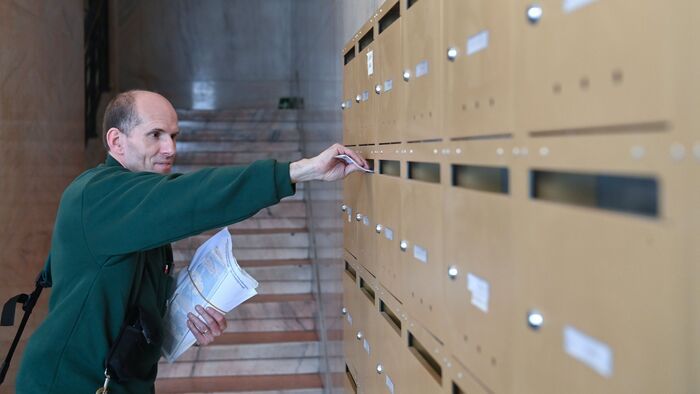

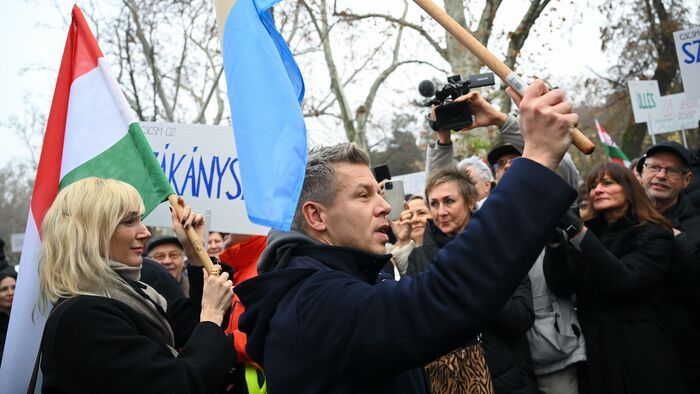
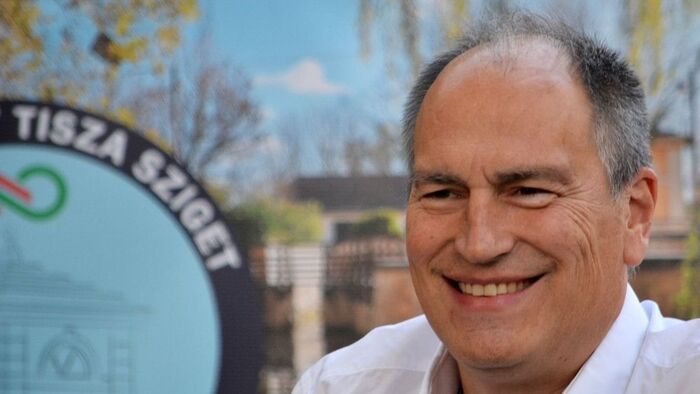
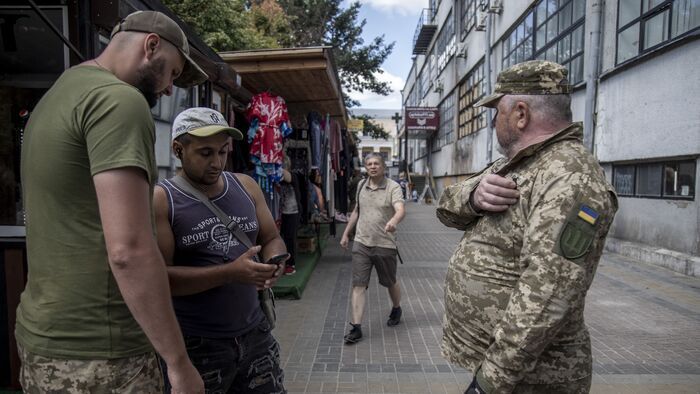
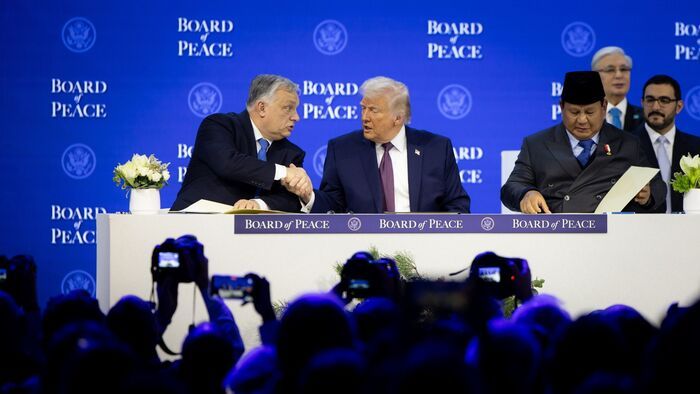
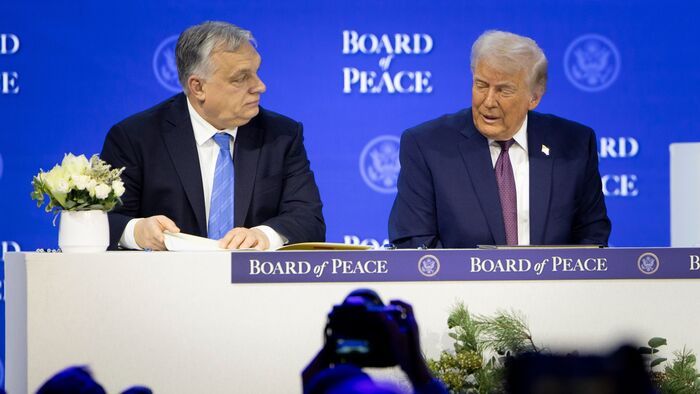

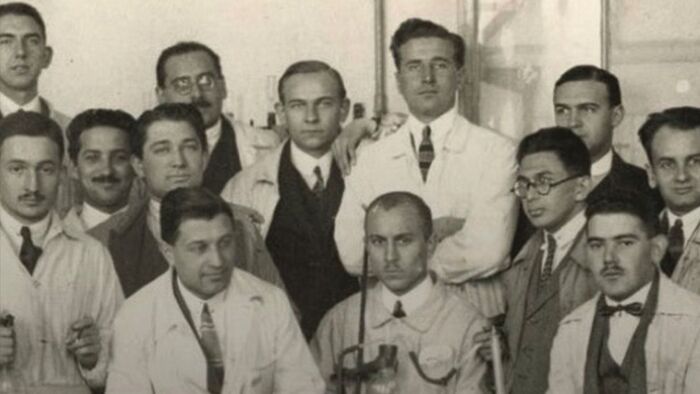
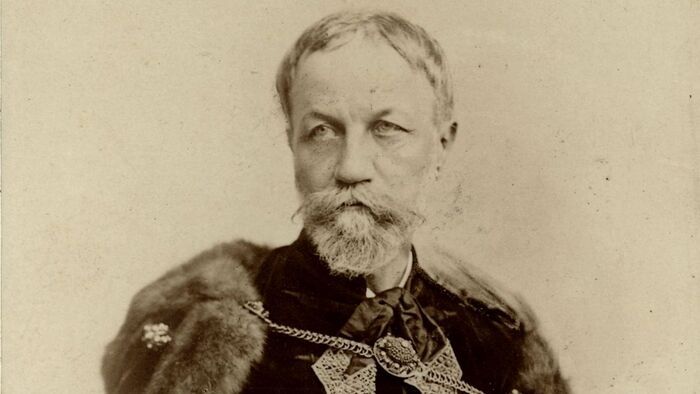

Szóljon hozzá!
Jelenleg csak a hozzászólások egy kis részét látja. Hozzászóláshoz és a további kommentek megtekintéséhez lépjen be, vagy regisztráljon!